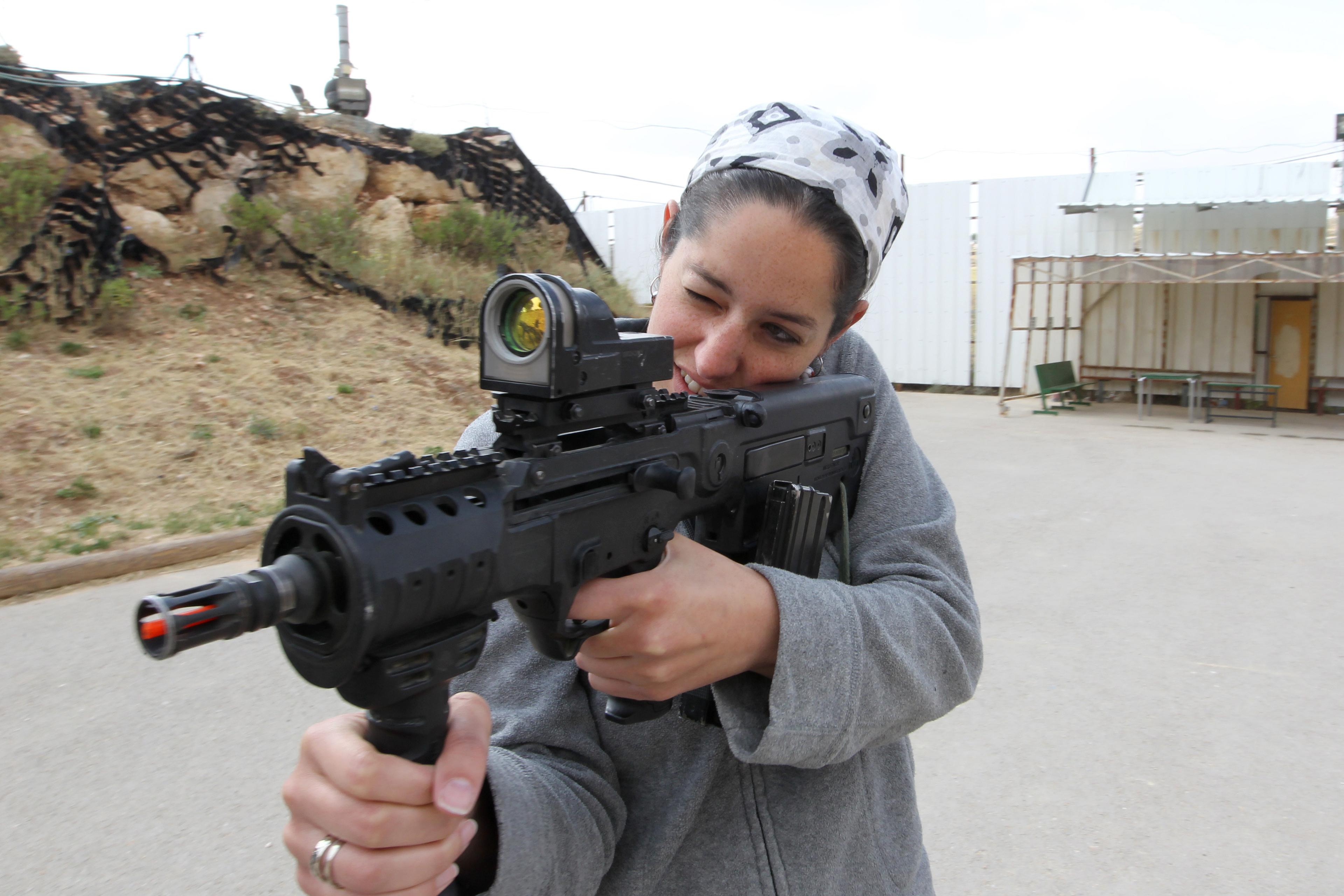A bizarre decision
IDF swaps home-grown rifles for American M4s, sparking debate
Who in the world came up with less-than-genius strategy? Anyone with half a brain in their head can see that now is the time to lessen our dependence on American weapons, not increase it.

The Israeli military has decided to trade in its locally-made Tavor rifles for American M4s. The move has kicked off a heated debate about military self-reliance at a time when every weapons decision carries extra weight.
The timing has particularly puzzled many insiders, given that Israeli-made alternatives - the Arad and MZ4 rifles - have built quite a reputation internationally and are already being used by special forces units worldwide.
The switch comes at an interesting moment in U.S.-Israeli military relations. With recent discussions about potential restrictions on arms transfers to Israel making headlines, some are not entirely sure why the IDF would choose to become more dependent on American-made weapons.
Defense Ministry Director General Eyal Zamir, who many see as the next likely military chief, has actually been pushing for the opposite - wanting to beef up Israel's domestic defense production rather than rely more heavily on foreign suppliers.
The military's official line is straightforward enough: they want all their forces, regular and reserve, using the same equipment. But this explanation hasn't won over the skeptics, particularly those in Israel's defense industry who point to how well Israeli-made weapons performed in recent conflicts.
Then there's the question of what happens to all those Tavor rifles. While local emergency response teams are keen to get their hands on them, the process has gotten bogged down in red tape.
Also, there are still U.S. restrictions on transferring certain weapons to security forces in the West Bank, with some officials quietly hoping that potential changes in Washington might loosen these restrictions.
The controversy isn't just about rifles. Critics point to similar hold-ups in getting other essential gear, like sniper rifles that proved their worth in recent operations. Industry insiders argue that local manufacturers showed their true value during recent conflicts by quickly adapting to military needs and solving supply problems on the fly.
While the military maintains this is all about practical standardization, the decision highlights a bigger question Israel faces: how to balance supporting its own defense industry while maintaining strong military ties with its main ally, the United States. As one defense official put it, "It's not just about choosing a rifle - it's about choosing a strategy for our future security."
Walla contributed to this article.